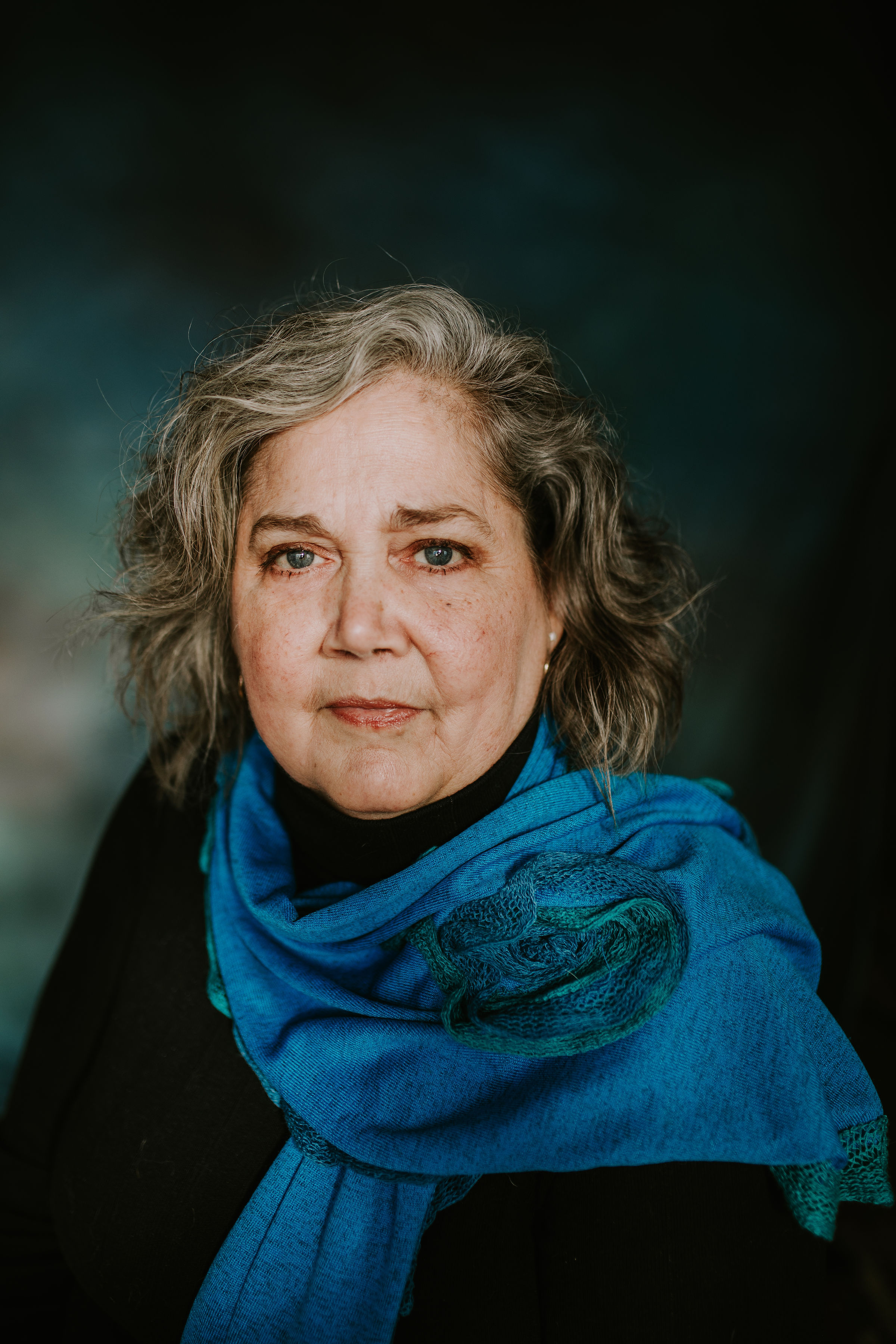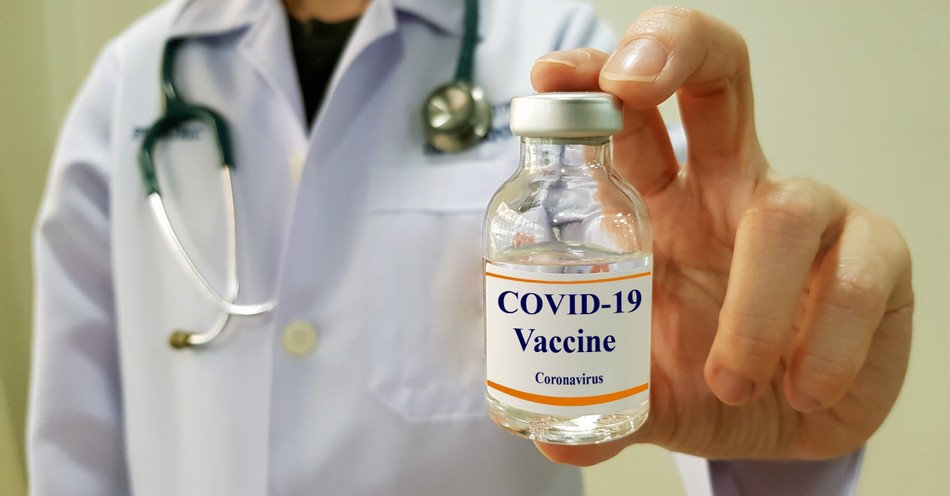Perhaps you keep up with news about the COVID pandemic, shifting daily. Information on statistics, affected populations, government interventions, health system exhaustion, and concerned citizen protests have become part of our media landscape and conversations for the past two years. Amid this flux of ideas, what hasn’t changed is the Bible’s advice regarding the care of our bodies. How can we use this teaching to determine what does the Bible say about vaccines?
Why Should Christians Read the Bible about Vaccines?
Christians and the general public are divided on the need for vaccines to prevent illness, particularly regarding the vaccine for COVID-19. This highly contagious, steadily mutating virus is a pandemic—a threat to world health. Government and medical entities recommend vaccinations to slow its course. Nothing new to your ears, right? We can easily select and interpret Bible verses that agree with our individual mindsets regarding vaccines. However, it is not easy to understand God’s Word. Reading and praying on the verses below may expand your understanding of God’s intentions regarding our bodily health and the role of vaccines.
"Do not be anxious about anything, but in every situation, by prayer and petition, with thanksgiving, present your requests to God.” Philippians 4:6
Where Does the Bible Talk About Our Bodies?
“Do you not know that your bodies are temples of the Holy Spirit, who is in you, whom you have received from God? You are not your own; you were bought at a price. Therefore honor God with your bodies.” 1 Corinthians 6:19-20
It is an honor to have a body that is the temple of the Holy Spirit. In all its splendor, Solomon’s temple in Jerusalem housed the Spirit of God. The Israelites left Egypt accompanied by a tabernacle, which served as God’s temple in the Promised Land, as did the Ark of the Covenant when the Israelites marched into battle with neighboring tribes. Immediately after Jesus’ sacrifice on the cross, the curtain in Solomon’s temple in Jerusalem tore in two, signifying that we were no longer separated from God’s holiness by our sins. His Holy Spirit resides in us as redeemed Christians. As Luke 17:21 says, "the kingdom of God is within you."
The Prophet wrote about our human temple of God with the words of Psalm 139:14: "I am fearfully and wonderfully made." This verse has been a mantra for me since I was diagnosed with a severe health problem in middle age, pre-COVID. An outdoorsy, recreational type for decades, I wanted to remain active. So, I kept cross-country skiing, kayaking, and hiking with difficulty. It took accepting grace from God for me to limit these activities. As years passed, I honored my body by slowing down my activities and retiring early from work.
I’ve learned to care for my body, my temple of God, by “babying” myself with good health habits, such as following a lifestyle full of fresh vegetables and fruit, regular sleep, and exercise. I also try to eliminate stress from my life. I stay close to God through prayer and reflection. I consider all of my doctors’ advice and watch the occasional podcast on health. I honor my body in these ways. I care for the work of God’s hands (Isaiah 64:8) as a steward to my small part of creation.
What Does the Bible Say about Medicine?
The work of God’s brains aptly describes modern medicine. I have worked on my health with the great help of a medical community. Due to medical studies, there have been enormous advances in healing; however, many medical procedures and medicines come with a high-risk factor. We know this from our friends and loved ones’ personal experiences with modern medicine in addition to published research reports. How do we deal with the dilemma of choosing how to use medical intervention to care for our bodies?
During Jesus’ ministry on earth, someone in the crowd asked him for advice on eating meat offered to pagan idols. (Could this be a metaphor for doctor-prescribed drugs today?). Jesus replied, addressing this topic of putting questionable agents into our bodies:
"Again Jesus called the crowd to him and said, 'Listen to me, everyone, and understand this. Nothing outside a man can make him "unclean" by going into him. Rather, it is what comes out of a man that makes him "unclean."'" (Mark 7:14-15)
Jesus, in this statement, taught his followers that a pure heart does not condemn other people’s choices about whatever is ingested (including medicine) into their bodies.
What does the Bible Say about Following the Law?
The Bible also has something to say about a government mandating vaccines for everyone. In 1 Corinthians 10:22-27, Paul writes, “Everything is lawful, but not everything is beneficial. Everything is lawful, but not everything builds others up. Do not seek your own good, but the good of the other person….”
One interpretation of this verse could be that vaccinations serve the common good. Scientific modeling projections say we may contain the spread of COVID more effectively if everyone is vaccinated. We might have lopped the illness off at its knees if every part of society locked down for two weeks at the beginning of 2020. Getting the vaccine is something to pray about, to discern God’s will for your life and our collective life on this planet.
On the other hand, Jesus did not always follow his culture’s Jewish law. He was rebellious at times. Pharisees protested when Jesus healed on the sabbath. Jesus also preached on a broader view of a Kosher diet—related to our current dilemma over prescription and non-prescription use of drugs—as stated in the passages from Mark’s gospel and I Corinthians.
It is Christlike to stick to your own prayer-guided convictions. Paul preached to the rowdy citizens of Corinth in 1 Corinthians 6:12, “I have the right to do anything,” you say—but not everything is beneficial. “I have the right to do anything”—but I will not be mastered by anything.” Prayer makes the distinction between right and wrong for you and your health situation much clearer.
How Should Christians Handle Different Opinions about Vaccines?
The angry conflict between people over vaccinations is most likely more disheartening to God than concerns over the vaccines themselves. Our inflexible stands and outrage over whether to vaccinate or not break hearts, and pits people against each other and government health agencies. Michigan’s governor enforced quarantines and mask wearing to slow the spread of COVID-19. A segment of the state’s society protested vigorously. Some protesters reacted with violence in Michigan and Washington, D.C.
A clean spirit encourages and supports other people with love. In Philippians 2:4, the apostle Paul says, "Make my joy complete by being like-minded, having the same love, being one in spirit and of one mind." Maybe “like-minded” includes respecting each other’s convictions regarding the role of medicine in maintaining personal health.
Clarence Haynes Jr. suggests that based on Paul's advice about "disputable matters" in Romans 14:1-4, Christians should remember the following in disputes about vaccines:
"The most important thing to remember is that the ones making this vaccination decision are not your servants, they are God’s. Whether you agree with their decision or not God will accept them regardless of how they choose. You should do the same."
(Excerpted from "Should Christians Get Vaccinated?" by Clarence Haynes Jr.)
What Does the Bible Say about Sickness?
After receiving a frightening medical diagnosis several years ago, I searched my soul and the Bible to find an answer to my overriding question: Why did this happen to me? My faith became stronger due to praying and searching for an answer to this popular question. However, getting through the initial grief and changes in my life and moving on to a place of greater faith and understanding was not an easy journey.
When I studied the beautifully written book of Job, I heard God’s answer to Job’s misery over losses in health, property, and family. Job could not understand why a good person like him was punished with so much misfortune. God answered Job with a lengthy speech on His creation. While declaring the splendors of creation, God asked rhetorically, “Where were you when I laid the foundation of the earth?” (Job 38:4). In the incredible wonder, beauty, and complexity of creation, there is chaos. Chaos is part of creation, but God didn’t bring chaos. God corralled the chaos into creation. There is still much to creation we can’t control in the present time.
Job has a whole new perspective on misfortune in his life. He is a better man after his trial of earthly suffering. Perhaps the journey through bad health is a gift for all of us. Our view and understanding of people going through a similar situation are forever changed. We have more compassion and willingness to listen to other sick people. We deeply appreciate each day God gives us after a severe illness. We find purpose in activities that benefit others. Life is God’s precious gift to us, not to be squandered.
After studying Job, I read the book of the “weeping prophet” Jeremiah, who stated, “Heal me and I shall be healed” (Jeremiah 17:4). If there was ever a great opportunity for “cherry-picking”—using God’s Word in a way that supports your ideas or life—this is it. I prayed this verse daily, driving to work, sitting on my couch. I read the verse in the chapter and book context and realized there was no mention of physical illness in chapter 17 of Jeremiah’s prophecy. Jeremiah was lamenting the behavior of Israelites captive in Babylon, who succumbed to worshipping false gods. I still repeat this verse from time to time. It comforts me in my journey with an incurable illness.
How Should Christians Respond to COVID-19?
In the trenches of the COVID pandemic today, fear of contracting COVID has placed many people in an isolated, depressed state. The ability to work for a living and play for recreation is diminished. I certainly don’t have the answers to solving these huge problems. Perhaps more time in prayer, less time reacting in fear and anger would help bring peace in this difficult, pandemic time. I pray more regularly and study more scripture after my health scare. There are blessings in isolation and in spending more time with immediate family.
Meanwhile, we all await the ultimate kingdom of God, where there is no sickness or dying—and we all get along. Our royal home lies in this future world.
“But our citizenship is in heaven. And we eagerly await a Savior from there, the Lord Jesus Christ, who by the power that enables him to bring everything under his control, will transform our lowly bodies so that they will be like his glorious body” (Philippians 3:20-21).
A blessed, Christ-like life now and joy in a future world describes the kingdom of God.
As Jesus said in Luke 12:31, "Seek ye first the kingdom of God and his righteousness; and all these things will be added unto you. More specifically, he entrusted his disciples to “ . . . heal the sick . . . the kingdom of God has come near to you” (Luke 10:9).
"May the God of hope fill you with all joy and peace by the power of the Holy Spirit." Romans 15:13
©Getty Images/Sittithat Tangwitthayaphum










